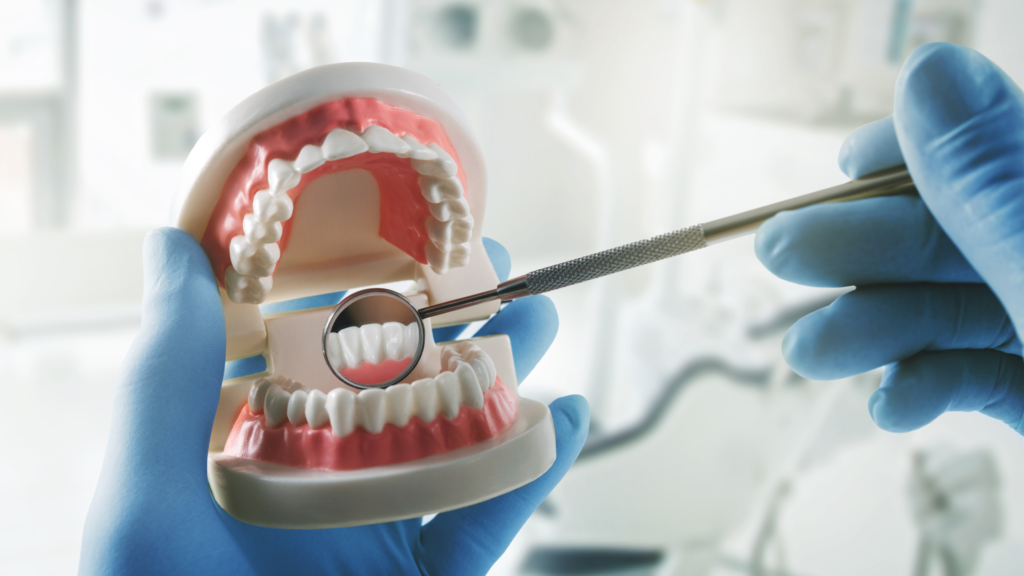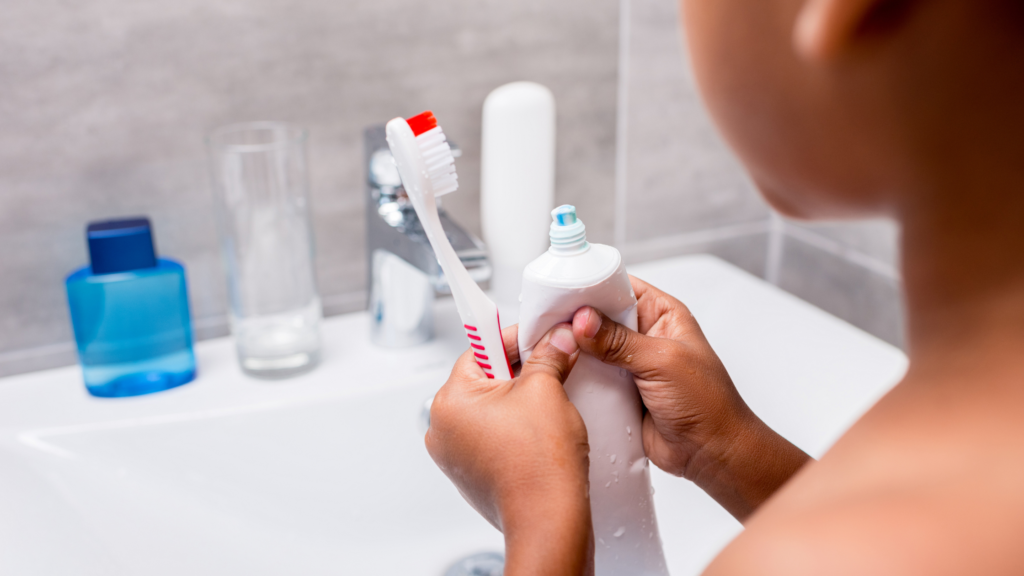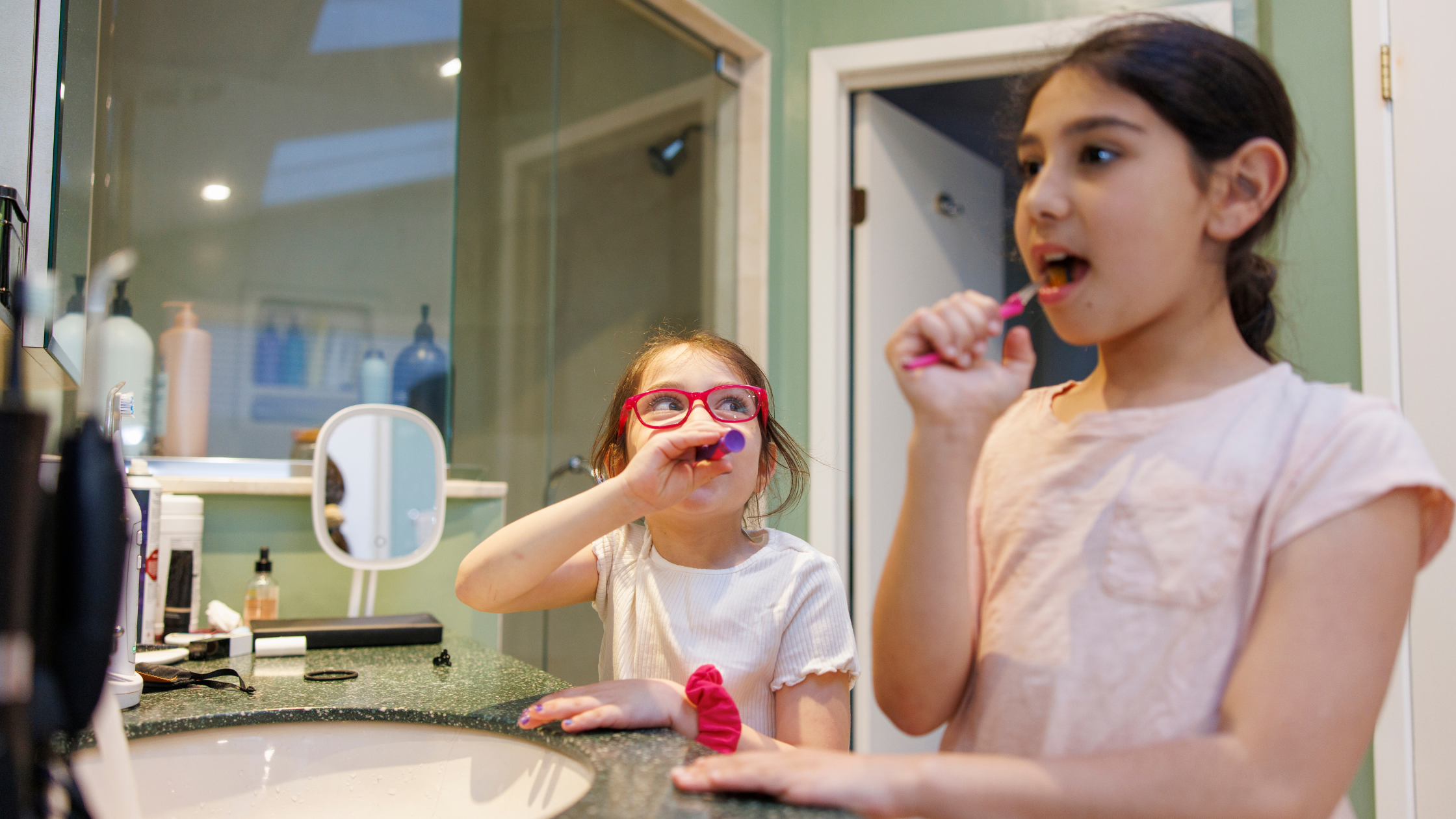Ways to Implement Good Oral Hygiene Daily
Not only does oral hygiene concern your teeth–it includes everything that’s situated inside your mouth. Undeniably, maintaining good oral hygiene is essential for overall health and well-being. Our mouth is a gateway to the rest of our body, and neglecting it can lead to various dental issues and even impact systemic health. Implementing good oral hygiene practices on a daily basis is the first step towards ensuring a bright smile and a healthy mouth. In this article, we will explore the importance of good oral hygiene, understand the key components of a daily oral care routine, and emphasize the role of regular dental visits to maintain optimal oral health.

The Importance of Good Oral Hygiene

Good oral hygiene goes beyond just having a dazzling smile. It plays a significant role in preventing various dental problems such as cavities, gum disease, and bad breath. Additionally, poor oral health is closely linked to underlying health conditions, with research suggesting associations between gum disease and illnesses in the form of heart disease, diabetes, and respiratory issues.
A solid oral hygiene routine not only prevents dental problems but also saves you from the discomfort and expense of extensive dental treatments. It also enhances your self-confidence through your capability of flaunting a healthy smile. This contributes to a positive self-image that influences the way you mingle with others.
Key Components of a Daily Oral Care Routine

- Brushing: Brush your teeth at least twice a day, preferably after meals and before bedtime. Use fluoride toothpaste and a soft-bristled toothbrush to gently clean all tooth surfaces, including the outer, inner, and chewing surfaces.
- Flossing: Daily flossing is vital to remove food particles and plaque between teeth and along the gum line, where a toothbrush cannot reach. It also helps prevent cavities and reduces the risk of gum disease.
- Mouthwash: Incorporate a fluoride or antimicrobial mouthwash into your routine for additional protection against bacteria and to freshen your breath.
- Tongue Cleaning: Use a tongue scraper or your toothbrush to gently clean your tongue’s surface to remove bacteria that can cause bad breath.
- Limit Sugary and Acidic Foods: Reduce your consumption of food and beverages that contain high sugar levels as well as those considered acidic. These can contribute to tooth decay and enamel erosion when taken in large amounts.
- Stay Hydrated: Drinking plenty of water helps maintain saliva flow, which plays a crucial role in washing away food particles and neutralizing acids.
The Role of Regular Dental Visits

While good oral hygiene practices at home are essential, regular visits to the dentist are equally vital for optimal oral health. It pays to visit your local dentist in order to mitigate the risks brought by dental issues. If diagnosed in their early stages, they will be able to provide timely interventions before they progress into more significant problems.
During routine dental check-ups, the said professionals perform a thorough examination of your teeth, gums, and overall oral health. They may take X-rays to detect hidden issues and perform professional dental cleanings to remove plaque and tartar buildup that cannot be effectively eliminated through regular brushing and flossing.
Dental visits also provide an opportunity for personalized oral health advice. Dentists can guide you on proper brushing and flossing techniques, recommend suitable oral care products, and address any concerns you may have about your oral health.
Implementing Good Oral Hygiene for a Lifetime

Good oral hygiene is not a one-time practice; it is a lifelong commitment to maintaining a healthy mouth. To make it a habit, consider the following tips:
- Set Reminders: Use alarms or reminders on your phone to ensure you brush, floss, and use mouthwash at the recommended times.
- Make it Fun: Find toothbrushes, floss picks, or mouthwashes with flavours you enjoy to make oral care more enjoyable.
- Involve the Family: Encourage your family members to follow good oral hygiene practices together to create a positive and supportive environment.
- Educate Yourself: Stay informed about the latest oral health recommendations and techniques to enhance your oral care routine.
Implementing good oral hygiene daily is the cornerstone of a beautiful smile that also becomes a telltale of one’s well-being state. To summarize: brushing, flossing, using mouthwash, and staying mindful of your diet, you can achieve a bright grin and keep your mouth healthy for a lifetime. In addition to your home care routine, remember to schedule regular dental visits. Your dentist serves as your partner in maintaining optimal oral health, providing professional care and guidance to ensure your smile remains radiant and healthy. So, make a commitment to prioritize your oral health today, and you’ll reap the rewards of a beautiful smile and excellent oral well-being for years to come.

